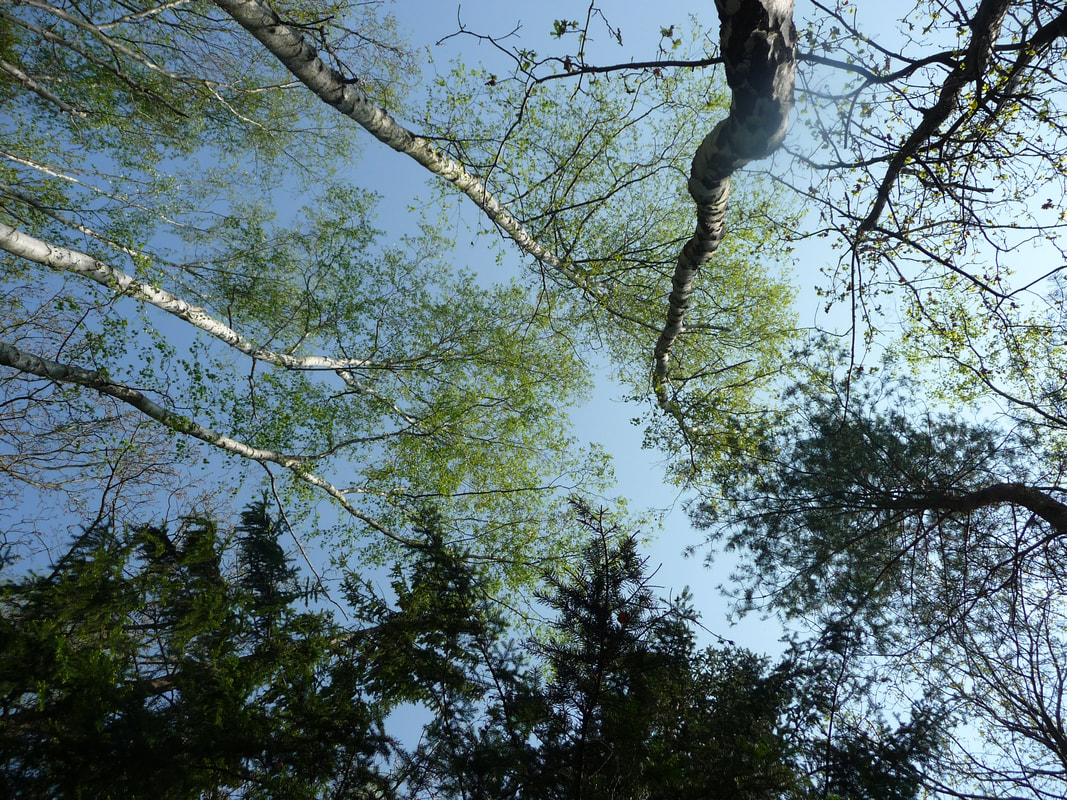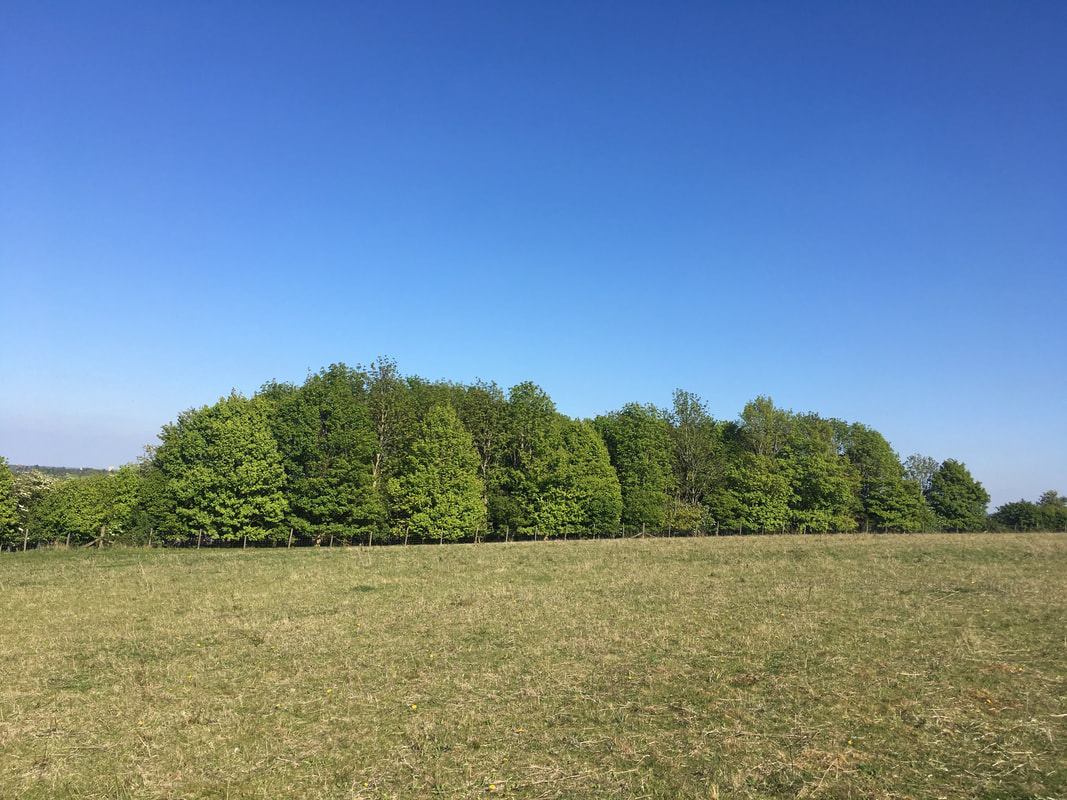|
Reflections from a home front: 9 Five weeks in and we’re getting restless. After the initial adjustment phase, where we worked out how to live our newly constrained lives, thoughts are now turning to the even more difficult question of what happens next. As well as thinking about very practical problems of how to lift restrictions to avoid a Coronaresurgence, we are facing the fact that the world we return to will not be the world we just left. We may not have been asleep for 100 years, but so fast and far-reaching will be the changes that it could certainly feel like coming out of hibernation. We might well feel apprehensive. What will we find outside when we open the door? But if the material and economic world has been turned upside down, so have we. Collectively, we have been confronted with some uncomfortable realities: the illusory nature of our control, our vulnerability, the overwhelming complexity that underlies some moral choices, our sheer mortality. For us as individuals, acutely aware of all this, confinement has given us the opportunity to reflect on the status quo, and on ourselves. People emerging from serious and perhaps life-threatening illness often seem to do so with a very different outlook on the world. Some also acquire a new zest for living and a strong sense of purpose that provides the necessary impetus to make lasting changes. It’s a paradoxical experience: you wouldn’t want to go through it again or indeed wish it on anyone else, and yet you wouldn’t want to go back to being the person you were before. Under the current threat to life and restriction of activity, we seem to be experiencing something similar: increased appreciation of small pleasures, expanded compassion, greater clarity about what really matters, shifted priorities. It may feel as if we have been restored to something lost, returned to sanity, reclothed in our rightful mind. We couldn’t see the wood for the trees; now we see the whole of the wood, and each individual tree. It’s a completely transformed perspective of a sort that we can’t bring about through our own intellectual effort, however much we might desire it. It can only be received as a gift. There are immense questions about how we deal practically with the new world that we eventually shuffle into. But the still bigger question is not about how we regain what we have lost, but how we can hold on to the gift we have been given. How do we avoid wasting this once-in-several lifetimes chastening of an entire population? How do we hold our course? How do we build according to what we have learned? Today’s poem began with that phrase, “can’t see the wood for the trees”, which popped into my mind during a walk and seemed worth a poetic exploration. “Oh, you’re in a Wordsworthian phase,” said the Wandering Albatross. That wasn’t intentional; it’s just how it came out. You can hear how it came out by clicking the play button. Couldn’t see the wood for the trees
In what was left of evening light, Across the empty fields we glimpsed A grubby sprawl – the tangled twigs A hundred trunks and branching limbs And things that flapped and things that crawled, And no way through. We did not see The wood, nor any tree. But in the morning air, we saw A copse that traced the chalky slope – Each tree in rightful place: the beech And hazel rooting for the ash, The grazing snail and spying thrush, And ancient paths that call our feet Through woods and trees. That fading day, we knew our days Were numbered and no longer Where we lived – the constant flicking Seconds on display, and ticking Boxes, and the things that ping And measure up. We could not tell The time, nor break the spell. But in this strange dawn light, we sense A different stroke – a time to weep A time to plant, a time to keep The turns of earth and tidal ebb And spirit’s flow. It’s time to feel The pulse that urges us to dwell Under this time’s spell.
0 Comments
Your comment will be posted after it is approved.
Leave a Reply. |
AuthorStill me … Archives
September 2020
Categories
All
|


